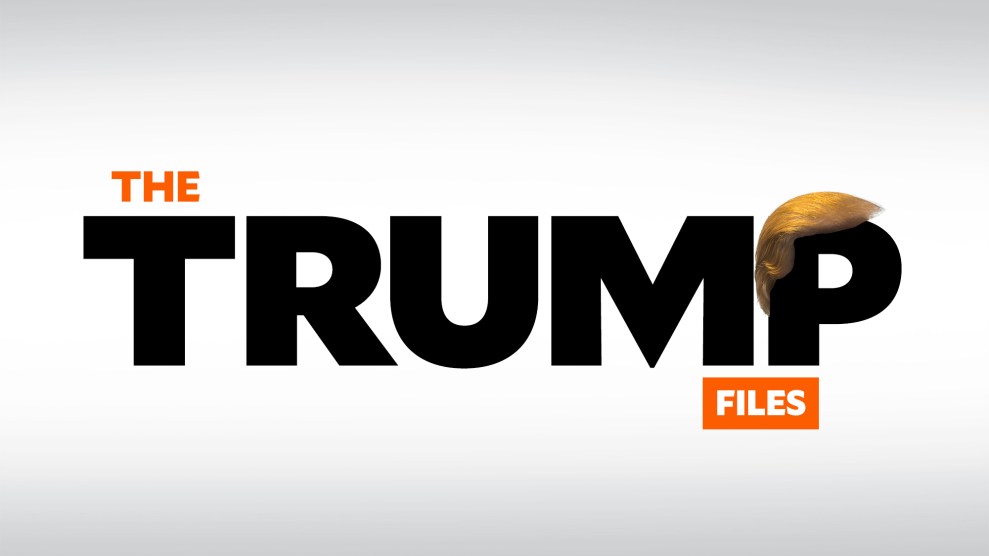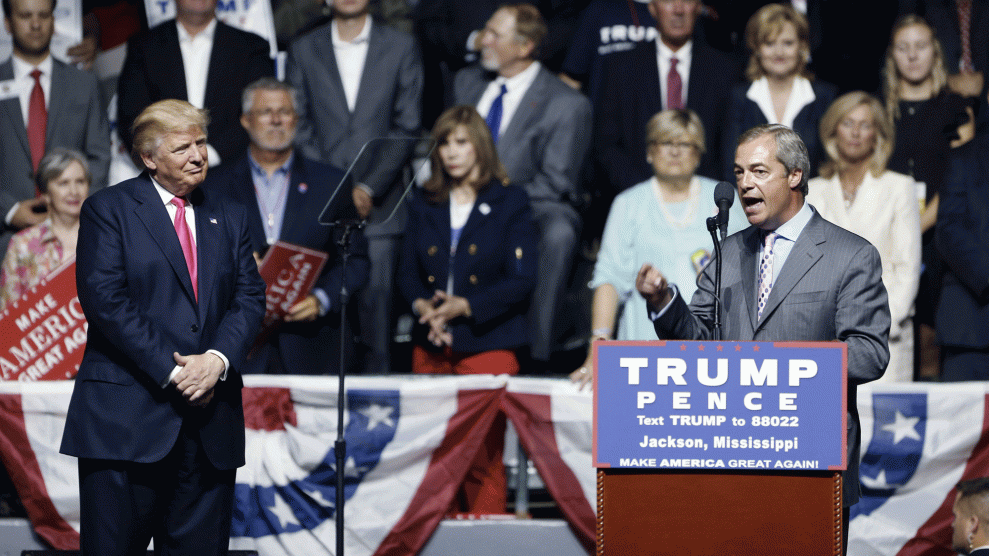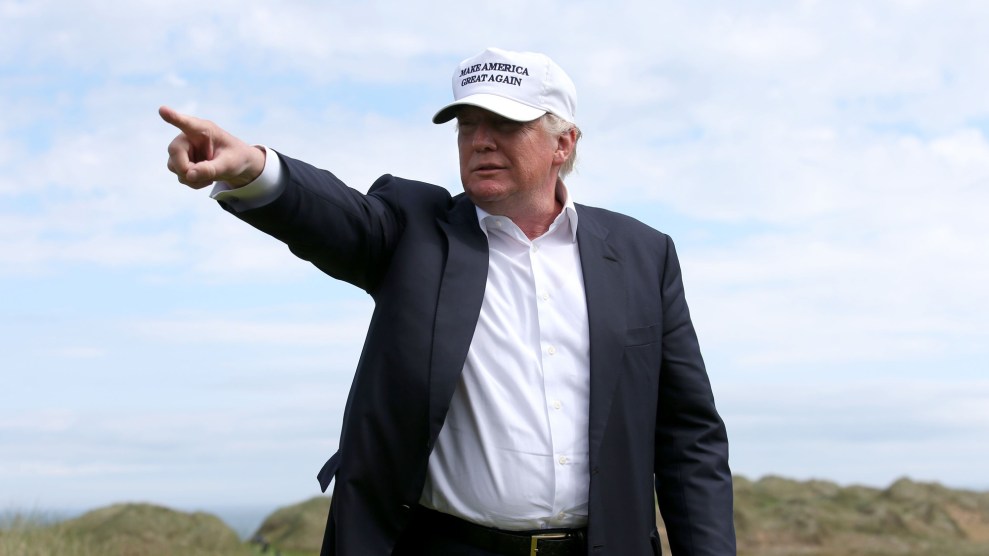
Ivylise Simones
Until the election, we’re bringing you “The Trump Files,” a daily dose of telling episodes, strange but true stories, or curious scenes from the life of GOP nominee Donald Trump.
Donald Trump has found no shortage of groups to offend this election cycle: Mexicans, Muslims, women, reporters, veterans, the disabled. But back in 1993, it was Native Americans who bore the brunt of Trump’s ridicule.
According to a transcript published by the Los Angeles Times, in a radio interview with disgraced host Don Imus, Trump mocked Native American communities that had opened or wanted to open casinos in New York, Connecticut, and New Jersey—all in the vicinity of Trump’s own competing properties in Atlantic City.
Trump questioned the legitimacy of the Native Americans’ heritage, telling Imus, “I would perhaps become an Indian myself.” He added, “I think I might have more Indian blood than a lot of the so-called Indians that are trying to open up the reservations.”
Trump made similar comments while testifying before a House subcommittee later that same year, saying that the Mashantucket Pequot tribe in Connecticut didn’t “look like Indians to me.” At the hearing, he also complained that “the Indians don’t have to pay tax.”
Trump’s vendetta didn’t stop there. The New York Times reported that in 2000, Trump financed ads portraying members of a Native American tribe as menacing criminals in an effort to stop construction on a casino that was planned in upstate New York.
This election season, as Trump doled out nicknames to “Little Marco,” “Lyin’ Ted”, and “Crooked Hillary,” he reserved a special one for Sen. Elizabeth Warren: “Pocahontas.”
















